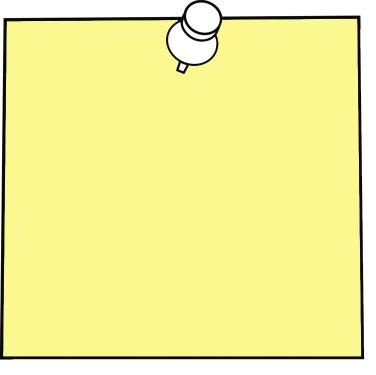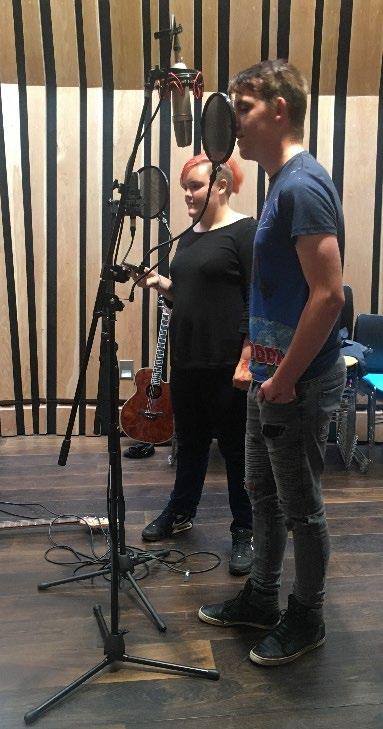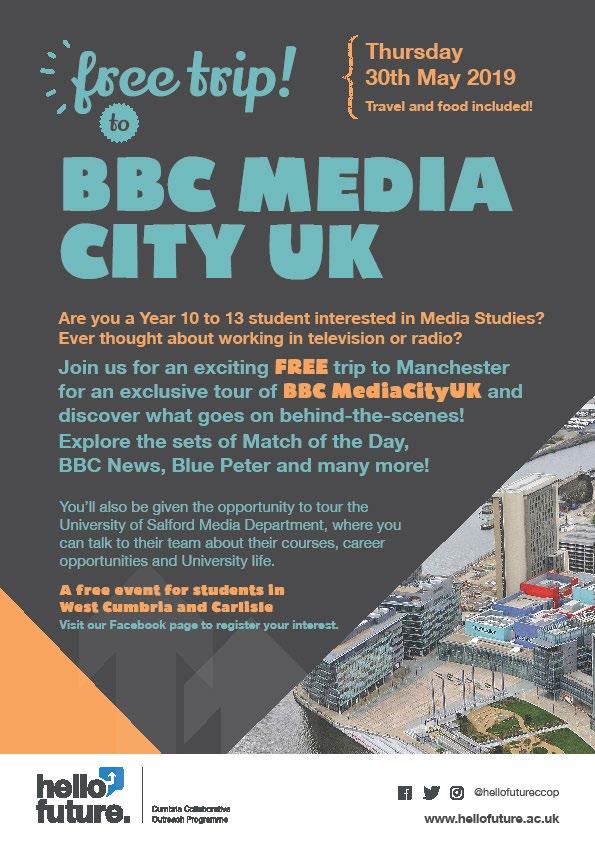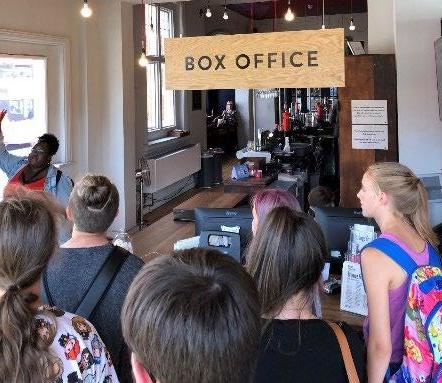
2 minute read
Intervention Format Rationales
11 Each intervention outreach Intervention Format activity has a purpose, is learner This term describes the mechanism through which an outreach activity is delivered, for example ‘workshop’ or ‘mentoring’ is a type of intervention format. specific and designed with year Intervention Activity group suitability in mind. This term describes the specifics of the activity and reflects the activity content delivered, for example ‘Introduction To Futures’and ‘Myth Busters’ .
Presentations are suitable for delivering in schools and colleges for a number of reasons; 1 to convey a lot of information to multiple target learners in a short period of time,
Advertisement
2the format allows for facts on multiple topics to be communicated impartially, 3 presentations are successful in promoting an idea, whilst creating the opportunity for learners to percolate the idea in a dedicated time (such as an assembly) and 4 presentations delivered by Hello Future rather than school/college teachers presents an opportunity for learners to be more engaged in the content. Workshops have proved very successful over Phase 1, given their more interactive format they have developed to ensure learner outcomes are met. Workshops were a chosen intervention format for the following reasons; they 1 create an opportunity for learners to work in smaller groups, 2 are practical and interactive, 3 facilitate the exploration of a new progression topic/concept in more depth,
4the environment is created for learners to ask questions and 5 there are opportunities for quality interactions between learners and Hello Future staff. Mentoring is a much more intensive intervention activity than the presentations or workshops. The reason the Hello Future staff utilise mentoring is multifaceted; 1 a target learner can be supported in a direct and individual way, 2 learners are supported to explore their own strengths and weaknesses, 3 learners can build a relationship over time with a Hello Future staff member who has direct experience of H.E. progression, 4 learners are introduced to positive role models, 5 learners receive a new experience that is similar to the lecturer-student rapport and 6 learners develop communication skills. Residentials, Cultural Trips and Community Experiences are exceptionally important to a learner’s progression in the Hello Future programme. The rationale for this is the particular needs of our target cohort, who require opportunities to enable socio-cultural development in non-traditional educational settings. In these opportunities, learners; 1 learners experience a new environment, 2 take part in diverse activities outside the county, 3 are supported to have an experience that is outside of their normal ‘everyday’ environment, 4 learners can meet new people (from the same area but different schools and the Hello Future team), 5 residentials in particular enable relationships to build over a prolonged period of time and 6 enable the time for ideas to percolate.







